
Kevin Johnson, David L. Cohen University Professor, contributed to a new report with guidelines on incorporating AI in health care.

Kevin Johnson, David L. Cohen University Professor, contributed to a new report with guidelines on incorporating AI in health care.

Surbhi Goel, Magerman Term Assistant Professor in Computer and Information Science (CIS) at Penn Engineering, has been named a 2025 Schmidt Sciences AI2050 Early Career … Read More ›
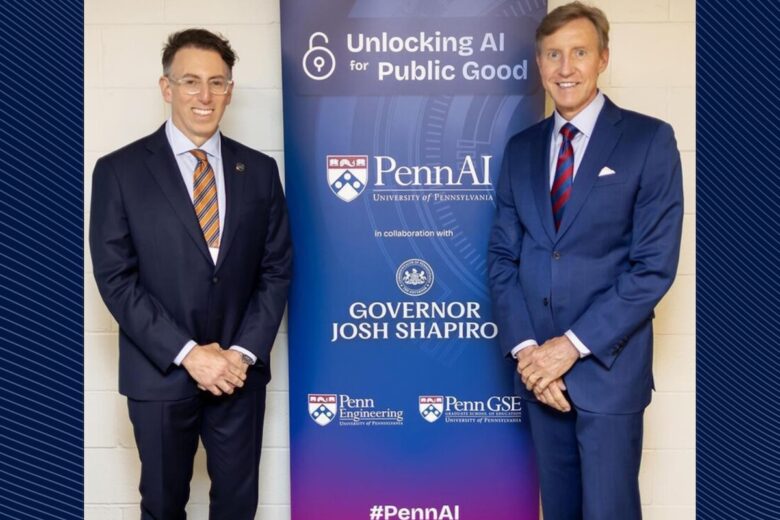
The University of Pennsylvania and Pennsylvania Governor Josh Shapiro’s Office of Administration have signed a cooperative agreement for artificial intelligence advising services. The agreement leverages … Read More ›
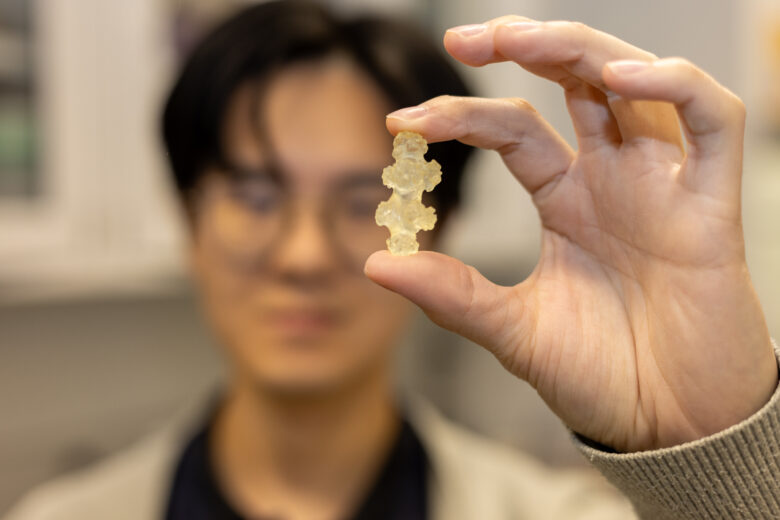
Touch the branches of Leptogorgia chilensis, a soft coral found along the Pacific coast from California to Chile, and its flexible arms stiffen, like Marvel’s … Read More ›

For a little over two decades, chimeric antigen receptor (CAR) T cell therapy has emerged as a powerful new way to treat cancer. By extracting … Read More ›
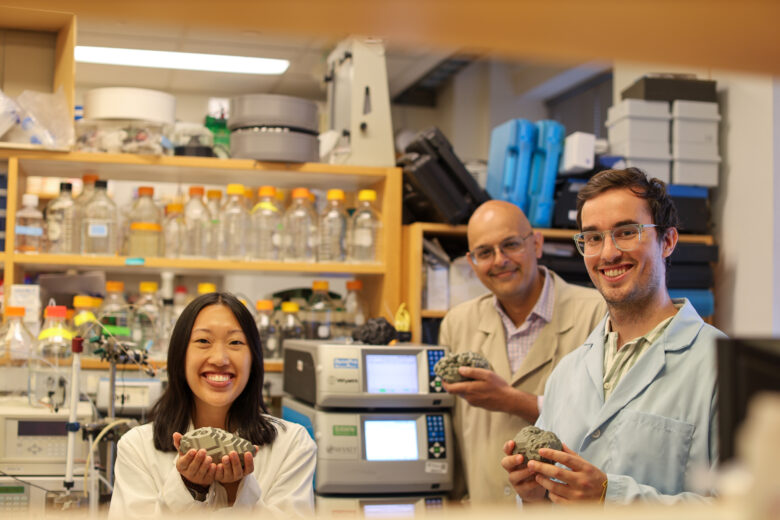
Lipid nanoparticles (LNPs) are the delivery vehicles of modern medicine, carrying cancer drugs, gene therapies and vaccines into cells. Until recently, many scientists assumed that … Read More ›
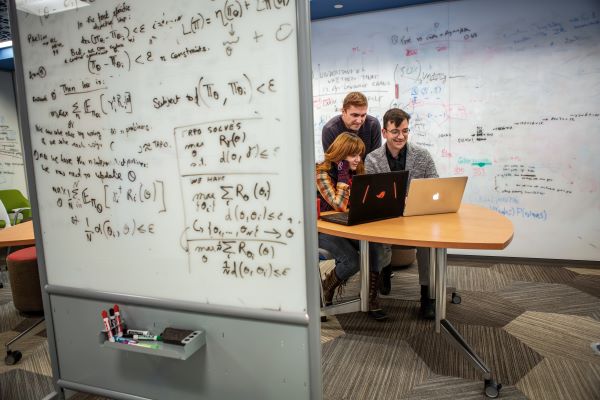
Artificial Intelligence is no longer just advancing. It’s accelerating in ways that will redefine how humans and machines work together. For Professor Chris Callison-Burch, a leading … Read More ›
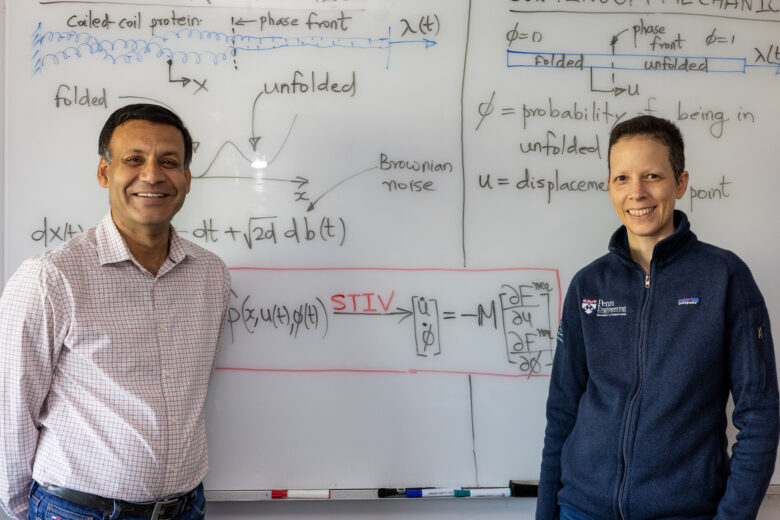
Penn Engineers have developed a mathematical “Rosetta Stone” that translates atomic and molecular movements into predictions of larger-scale effects, like proteins unfolding, crystals forming and … Read More ›

The Pennsylvania Department of Environmental Protection has for decades designated Cobbs Creek in West Philadelphia an “impaired stream,” meaning it fails to meet at least … Read More ›

Penn Engineers, NASA, and five other universities tested robotic systems designed to help unmanned explorers cooperate in the dunes of White Sands, New Mexico, … Read More ›